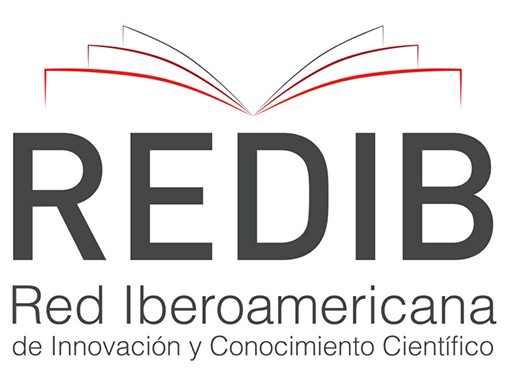ADULT MESENCHYMAL STEM CELLS: CHARACTERISTICS AND EXPERIMENTAL USE IN ANIMALS
Keywords:
multipotent cells, dogs, human, cell therapyAbstract
The MSCs are defined as a subpopulation of somatic stem cells which are present in small amounts in perivascular regions of virtually all adult tissues, including bone marrow (BM), adipose tissue, periosteum, muscle and parenchymatous organs. Because BM is the most used and characterized tissue to define stem cells properties and for being the first in cell therapy, BM is one of the main sources for MSCs. Contemporary studies have been performed, describing the use of autologous and allogeneic MSC for tissue repair in different organs. In addition to cell therapy in domestic animals its application in veterinary medicine also provides the generation of experimental models for human diseases. This review aims to bring the features and current uses of MSCs derived from adult bones tissue, adipose tissue and dental pulp, as well as laboratory protocols and in vivo experiments developed in a laboratory of experimental surgery aiming the application of these cells in veterinary patients and translational research.
Downloads
Published
How to Cite
Issue
Section
License

Este obra está licenciado com uma Licença Creative Commons Atribuição-NãoComercial 4.0 Internacional.











